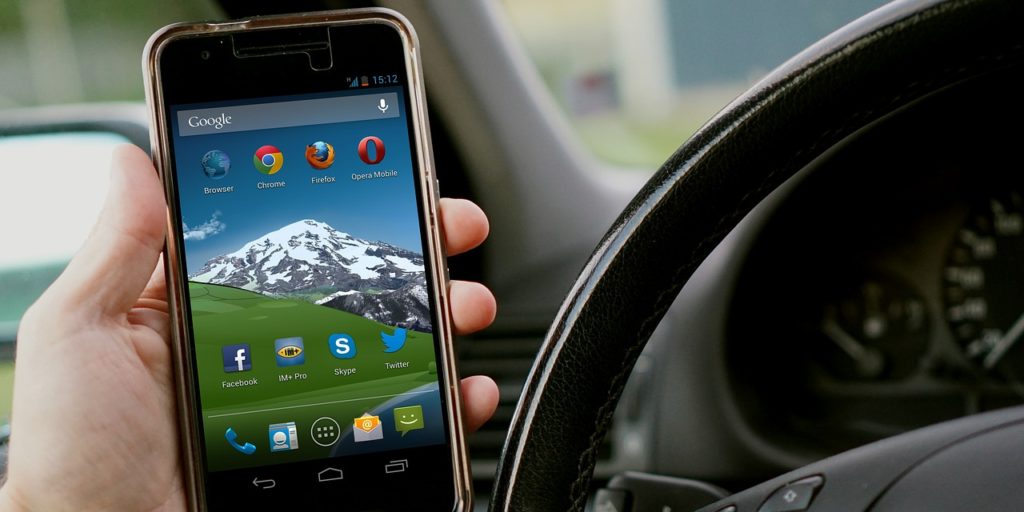- Lifetime licence bans are needed to fight drinking and driving - January 6, 2021
- Tinted windows in automobiles: are they permitted in Ontario? - August 7, 2020
- Recent cycling deaths point to a need to make roads safer - July 27, 2020
Ontario personal injury lawyer and road safety advocate Patrick Brown tells CBC News he is lobbying the province to implement technology that would allow police to conduct roadside tests to see if drivers are using their cellphones behind the wheel.
The technology behind the ‘Textalyzer’ device is being debated in several U.S. cities, CBC reports, and its developer says it would allow police officers to plug a driver’s phone into a device that would analyze if it was being used in a car.
The news outlet reports that so far this year, Ontario police say distracted driving has accounted for 44 fatalities, while impaired driving has led to 34 deaths.
“We literally are running into a crisis proportion of pedestrians getting hit, struck, killed and hurt,” Brown, a principal partner with McLeish Orlando LLP, tells CBC News. “We don’t always have to be last in safety.”
Vulnerable road user laws
Brown, a founding member of the Coalition for Vulnerable Road User Laws, says he raised the issue when he met with Ontario Minister of Transportation Caroline Mulroney last month to talk about vulnerable road user laws.
The province said in a statement that it is continuing to monitor the effectiveness of Ontario’s distracted driving laws, new research, and what’s happening in other jurisdictions, CBC reports. As well, ministry officials say any new tools would have to be reviewed with law enforcement and other ministries.
“Such a review would include addressing any privacy concerns, as many individuals store personal information in cellphones,” the statement reads.
In an interview with CBC Radio, Brown addresses those privacy concerns and says that if police are attending a crash scene or have pulled over a suspicious driver, an officer could plug the Textalyzer into the person’s mobile device.
“It simply is looking at the temporal timestamp of an activity that occurred, such as touches and swipes on the phone — it doesn’t download any content from the phone,” he says, noting privacy concerns about the device are a bit of a red herring.
Currently, the police are not able to access that type of information from cellphones. After a crash scene, they may try to obtain the cellphone records from the service provider, but Brown says many officers have run into difficulty getting those files.
“In many of these crashes, nobody sees the person on the phone, and unless the police officer has reasonable probable grounds in the form of a witness, they simply can’t get the summons or warrant to access the information,” he tells CBC Radio.
Pilot projects
Brown says legislation is being pursued by a handful of states in the U.S., with some jurisdictions conducting pilot projects with the Textalyzer technology.
He says that the enforcement of distracted driving is very difficult because people don’t see the drivers on their phones.
“We know that at crash scenes, people aren’t necessarily being charged but then later on during a civil suit, the records are accessed and, in fact, the person was on the phone. So it’s a real problem,” Brown says.
“You can increase all the penalties you want for distracted driving, but if you can’t catch these culprits, then you’re not going to make the change you need.”

